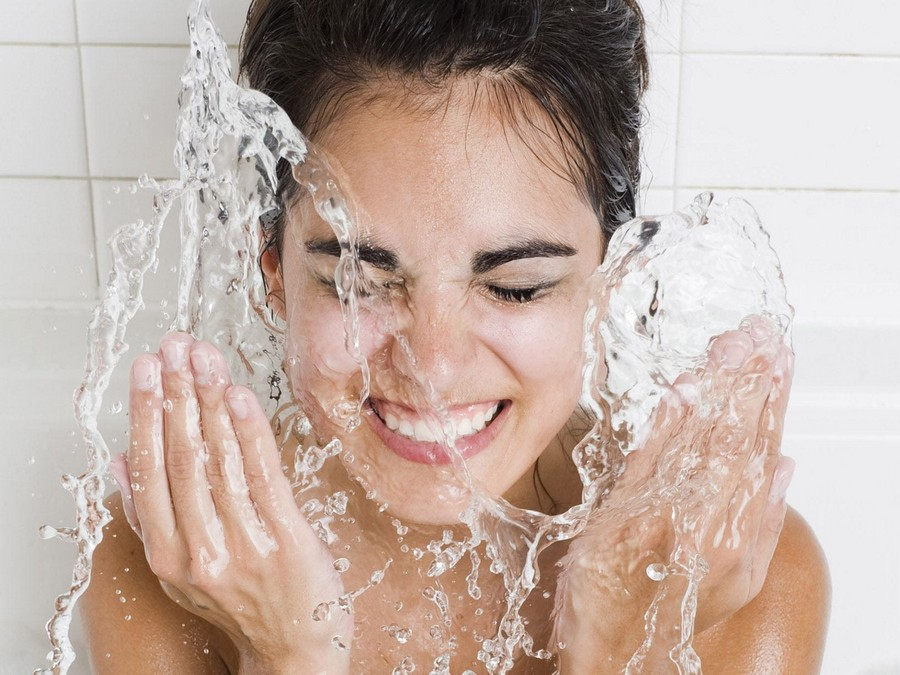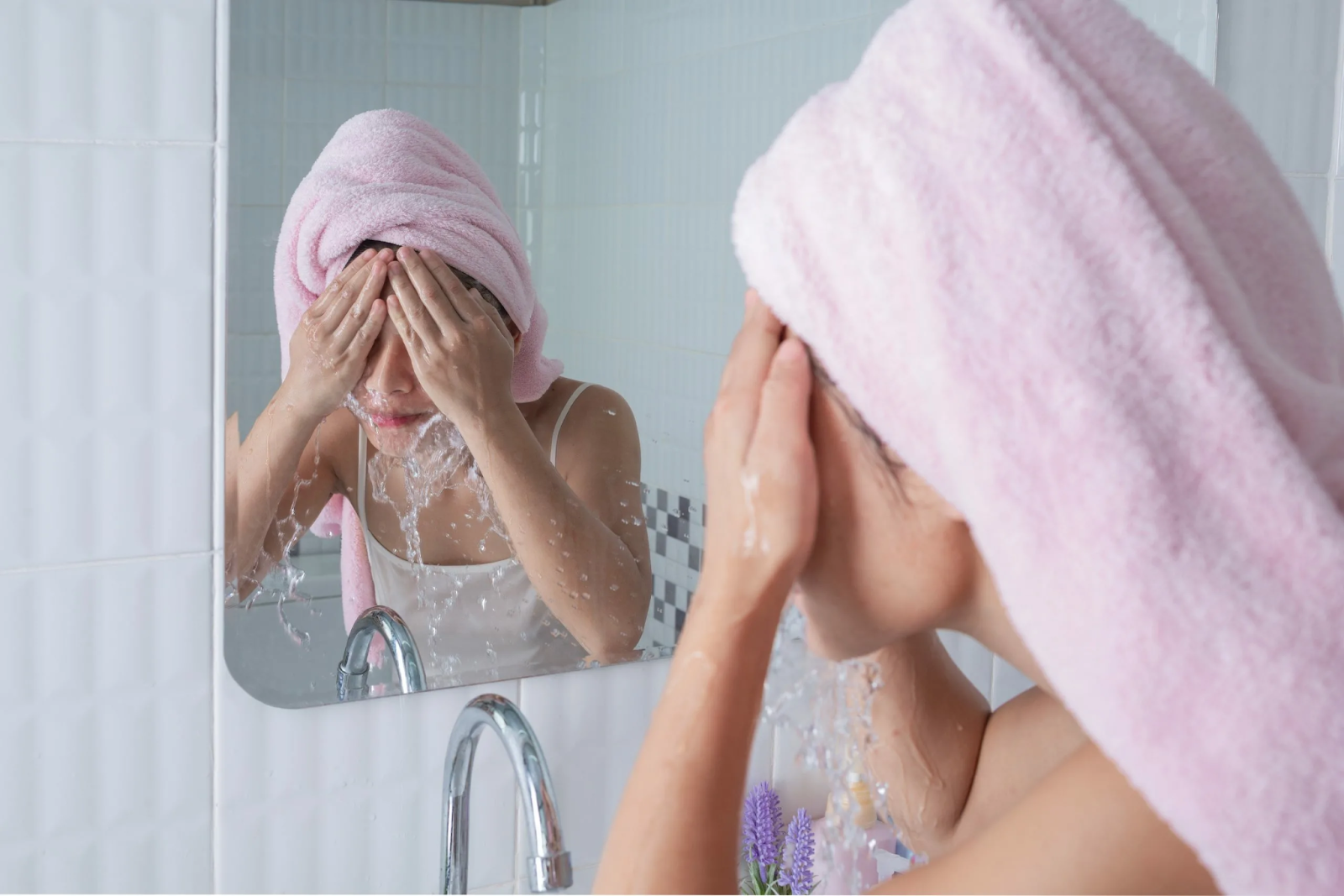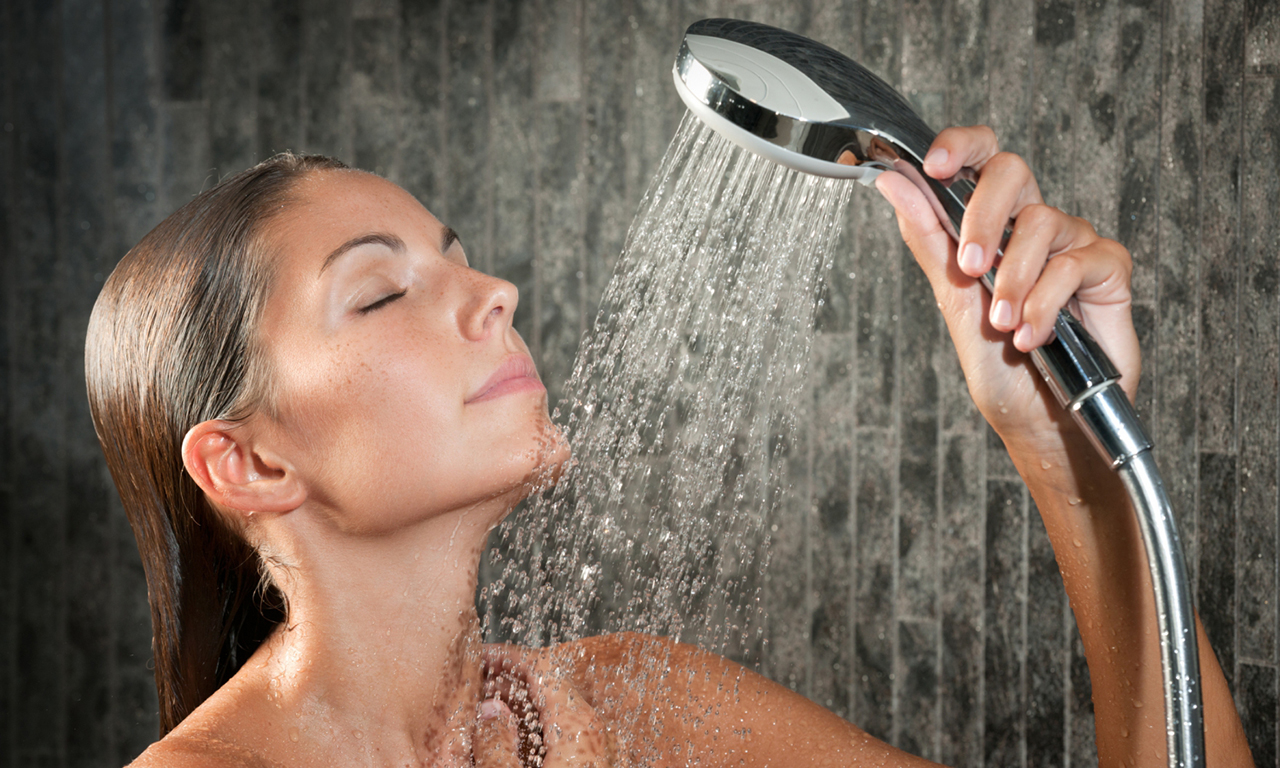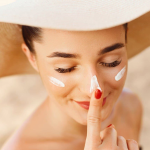Most of us revel in the efficiency of multitasking, and the shower seems like the perfect place to give our face a quick rinse. However, this common practice might be doing more harm than good to your facial skin. The primary reasons to avoid washing your face in the shower involve excessive heat, harsh water pressure, and the potential for chemical exposure from other products. This article uncovers why the inviting steam and convenience of the shower could be undermining the health of your skin, and provides guidance on safeguarding your complexion.
The Hidden Risks of Washing Your Face in the Shower
Understanding the Basics: Why It Matters How You Wash Your Face
Your facial skin is more delicate and sensitive than the skin on other parts of your body. It requires gentle care and maintenance to remain healthy. Washing your face in the shower can expose it to conditions that disrupt its balance and lead to complications like dryness, irritation, and overproduction of oil.
The Trouble with High Temperatures
High temperatures can strip your skin of essential oils that form the protective barrier against environmental damage. Shower temperatures, often set for comfort rather than skincare, can cause your facial skin to become dehydrated, leading to a feeling of tightness and potentially promoting the development of fine lines and wrinkles.
Steam: A Hidden Culprit for Facial Discomfort
Steam might feel relaxing, but it opens the pores, making them more vulnerable to impurities. This effect can exacerbate existing skin conditions, such as acne, by allowing bacteria and other contaminants to penetrate deeper into the skin’s layers.
Navigating The Impact Of Water Pressure On Delicate Skin

The high water pressure in showers is intended for efficient rinsing of the body and is often too forceful for the face. This pressure can damage the skin by causing micro-tears, which can lead to irritation and increased susceptibility to bacterial infections.
The Role of Shower Water in Irritating Skin Conditions

Hard water contains high mineral content, which can contribute to dry skin and exacerbate conditions such as eczema, rosacea, and acne. Regular exposure to hard water in the shower can leave mineral deposits on the skin, leading to clogged pores and breakouts.
The Chemical Concerns: Shower Products and Facial Health
How Hair Care Products Can Harm Your Complexion
Shampoos, conditioners, and body washes are formulated for your hair and body and often contain ingredients that can irritate the face. When you wash your face in the shower, these products can run down your face, leading to allergic reactions or exacerbating skin concerns.
Facial Skin vs. Body Skin: Why One-Size-Fits-All Doesn’t Work
The skin on your face has different needs than the skin on the rest of your body. It has a greater density of sebaceous glands, which makes it more susceptible to reactions from harsh chemicals designed for less-sensitive areas.
Before we delve into the importance of the pH balance of water for your facial skin, here is a table summarizing the ideal facial cleansing practices to consider:
| Cleansing Practice | Benefits |
|---|---|
| Using lukewarm water | Maintains essential oils and skin barrier |
| Gentle application | Prevents damage to skin and maintains integrity |
| Pat drying | Minimizes irritation and preserves moisture |
| pH-balanced cleansers | Keeps skin at a healthy acidity level |
Addressing the pH Imbalance: Why Tap Water Isn’t Ideal for Your Face
The pH level of water can have a profound impact on your skin. Your skin’s natural pH is slightly acidic, and most tap water is neutral to alkaline. Over time, washing with water that is not pH-balanced for the face can disturb its acid mantle, making your skin more prone to damage and infection.
Best Practices For Facial Care: What To Do Instead
Now that we know the risks of washing your face in the shower, let’s discuss a step-by-step guide to facial care outside of it. This guide includes simple but effective practices that will help maintain your facial skin’s health and integrity.
Here’s a numbered list of best practices for facial care:
- Avoid washing your face with hot water, and use lukewarm water instead.
- Gently apply facial cleanser using your fingertips in a circular motion.
- Rinse thoroughly with lukewarm water, ensuring no residue remains.
Alternatives to Shower Face-Washing
Instead of washing your face in the shower, consider using a basin or cup to splash your face gently. Utilize a soft microfiber cloth or cotton pad if needed, and always use cleansers specifically designed for your face to ensure a gentle but effective cleansing experience.
Conclusion: Prioritizing Facial Health Beyond the Shower
In closing, as tempting as it may be to combine your facial cleansing routine with your shower for the sake of efficiency, the potential risks to your skin’s health should give you pause. The high heat, steam, water pressure, chemical exposures, and pH imbalances present in the shower environment can all have detrimental effects on the delicate skin of your face. By understanding and avoiding these risks, you can adopt safer, more skin-friendly practices that prioritize and preserve the integrity of your complexion.
Frequently Asked Questions (FAQs)
Is It Always Bad To Wash Your Face In The Shower?
It’s not an absolute no, but washing your face in the shower often exposes delicate facial skin to conditions that are ideal for the rest of your body but too harsh for your face, such as high temperatures and pressure. It’s generally best to cleanse your face under less extreme conditions.
Can I Wash My Face In The Shower With Cold Water?
Washing with cold water can limit some of the negative effects, such as heat-related irritation. However, other shower risks, like high water pressure and product runoff, still present potential harm to facial skin.
What Should You Do If Shower Water Has Already Damaged Your Skin?
If your skin has been damaged by too-hot or too-hard shower water, take a break from any products containing harsh chemicals, and pamper your skin with gentle cleansing followed by a fragrance-free, hydrating moisturizer designed specifically for the face. Consult a dermatologist if irritation persists.
Are There Any Safe Ways To Protect Your Face If You Must Wash It In The Shower?
Try lowering the water temperature and pressure, avoid direct shower spray on your face, and use a mild, pH-balanced cleanser. Wash your face last, after you’ve rinsed off hair products, to minimize chemical exposure from soaps or shampoos.
How Do You Properly Wash Your Face Outside Of The Shower?
Use lukewarm water and gentle circular motions with your fingertips when applying a facial cleanser appropriate for your skin type. Avoid scrubbing too hard and pat dry with a clean towel rather than rubbing, to protect your skin’s natural barrier function.


